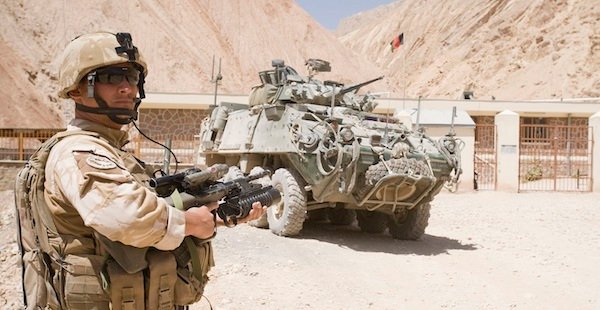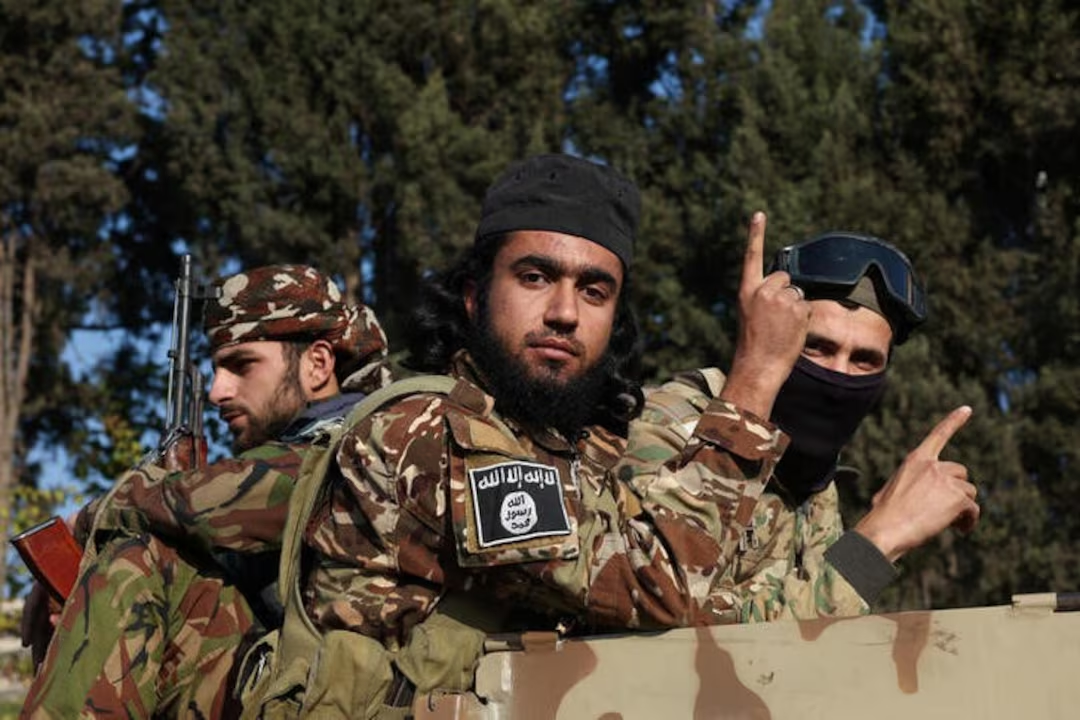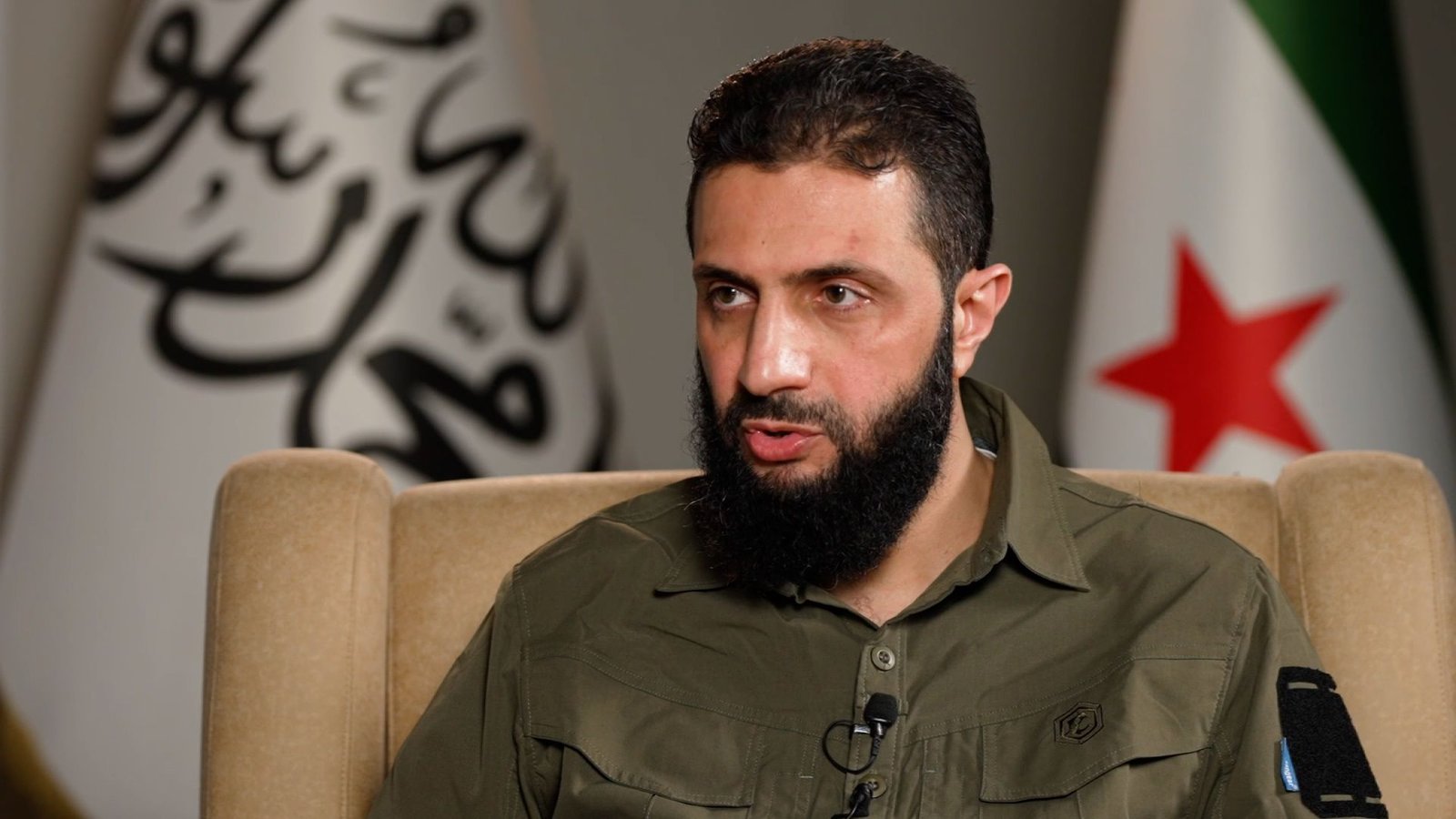“Netanyahu directs military to continue operations in Lebanon despite US calls for a ceasefire”
Israel’s PM Dismisses Ceasefire Reports, Urges Military to Continue Full-Force Operations
In a significant development amid escalating tensions, Israeli Prime Minister Benjamin Netanyahu has dismissed reports suggesting an imminent ceasefire between Israel and Hezbollah. As the conflict intensifies along the Israel-Lebanon border, Netanyahu reaffirmed his commitment to military operations, urging the Israeli Defense Forces (IDF) to fight with “full force.” This statement has drawn sharp contrasts with calls from the United States and its allies for a temporary truce to prevent the conflict from spiraling into a regional war.
US and Allies Push for 21-Day Ceasefire
The United States, along with multiple international allies, has called for a 21-day ceasefire across the Israel-Lebanon border. This proposed ceasefire aims to reduce hostilities and create space for diplomatic efforts, with the primary goal of averting a wider regional conflict that could involve neighboring countries. Despite these calls, Israel’s leadership remains focused on military objectives, highlighting divergent approaches to conflict resolution between Israel and some of its Western allies.
The proposed ceasefire would allow for humanitarian aid to be delivered to civilians caught in the crossfire and could potentially ease tensions between the two sides. However, Netanyahu’s rejection of an immediate cessation of hostilities signals that Israel is determined to pursue its military campaign, despite international concerns.

Palestine 2009. Israel’s Wall in Bethlehem, West Bank.
Ground Incursion: A Strategy to Secure Israel’s North?
One of the primary goals driving Israel’s military actions is to secure the northern region of the country, which has been heavily impacted by Hezbollah’s attacks. The Israeli military leadership has hinted at a possible ground incursion into Lebanon, a move that would aim to create a security buffer and allow displaced Israelis to return to their homes in the north.
According to the Israeli army chief, the potential ground offensive could be a strategic move designed to safeguard Israeli citizens, many of whom have been displaced due to the threat posed by Hezbollah’s rocket fire. The army chief emphasized that any ground incursion would be conducted with the primary goal of neutralizing threats from Hezbollah while ensuring the safety and return of Israeli civilians.
Hezbollah’s Intensifying Response
While Hezbollah has ramped up its response to Israeli airstrikes and artillery attacks, the militant group’s tactics suggest it may still be holding back from unleashing its full military capabilities. In recent days, Hezbollah has significantly increased its rocket and missile attacks, targeting Israeli military positions and infrastructure. However, analysts believe that the group has not yet employed its most powerful weaponry or tactics, indicating that the conflict could still escalate further.
The situation remains precarious, with Hezbollah signaling that it could intensify its response if Israel continues its aggressive stance. The group’s leadership has warned that more severe retaliation could be on the horizon, raising fears of an all-out war along the Israel-Lebanon border.
First Ballistic Missile Attack Intercepted
In a notable escalation, Israel intercepted a ballistic missile launched by Hezbollah, marking the first such attack near Tel Aviv. The interception showcases the increasing sophistication of Hezbollah’s arsenal and the expanding scope of the conflict, which has primarily been concentrated along Israel’s northern border. The missile interception has prompted concerns that Hezbollah is preparing for a broader offensive, targeting key Israeli cities and military installations.
Israel’s advanced air defense systems, including the Iron Dome and David’s Sling, have proven effective in intercepting incoming threats. Still, the use of ballistic missiles by Hezbollah represents a serious escalation that could bring the conflict into Israel’s heartland.
Regional War: A Looming Threat?
As the conflict shows little sign of abating, concerns are mounting that continued military operations could trigger a broader regional war. Both Israel and Hezbollah have powerful allies in the region, and any further escalation could potentially draw in other countries, such as Iran or Syria, into the fray.
The risk of regional conflict remains high, especially if Hezbollah continues to escalate its military response. The proposed ceasefire could provide a critical window for diplomatic engagement, but with Israel rejecting the idea, the region remains on edge.
Conclusion
Israel’s decision to dismiss calls for a ceasefire reflects its determination to pursue its military objectives in the face of growing international pressure. While the United States and its allies work to de-escalate tensions, the conflict between Israel and Hezbollah continues to intensify, with the potential for further escalation. The situation remains volatile, and the prospect of a regional war looms as both sides prepare for the next phase of the confrontation.
Discover more from NewsPour
Subscribe to get the latest posts to your email.




Let your voice be heard! Share your thoughts and ignite discussions.